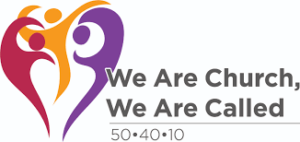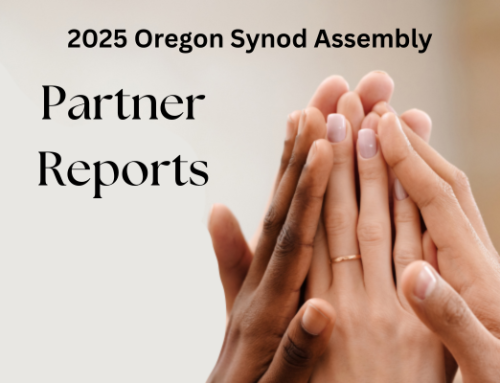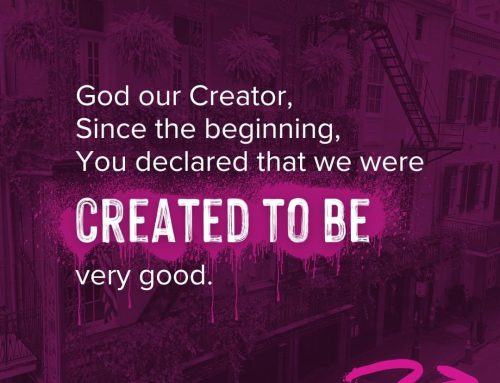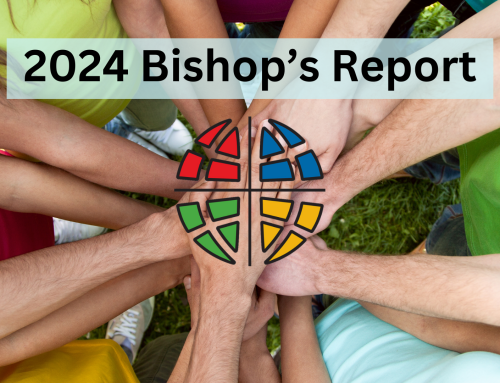2020 marks the 50th anniversary of the ordination of women in the ELCA, the 40th anniversary of women of color, and the 10th anniversary of LGBTQ+ siblings.
It’s an incredibly important marker for the ELCA, though it is only the beginning for the Church, as women are still denied ordination across the denominations and hold less than 15% of the leadership positions in the worldwide church! Therefore, in 2020, we in the Oregon Synod will highlight one woman from Christian history every week. Some you may know, others you may not, but all worthy of our respect and gratitude.
#6 Phyllis Wheatley
Phyllis Wheatley’s story is one among many revealing the gruesome nature of human slavery in our history. Captured and taken violently from her home in West Africa at age seven, Phyllis was transported in the bowels of a slave ship across the Atlantic and sold into slavery in Boston. Educated by the family that bought her -the Wheatley’s -by the age of 18 she became a poet renowned at home and abroad. So well known and loved was she that she corresponded with, and eventually met, leaders like President George Washington. Her achievements became an inspiration to, and catalyst for, the fledgling antislavery movement. Wheatley intentionally used her art to condemn the practice of slavery and remind her Christian audience of the universal and liberating nature of God’s love. For instance, “On Being Brought from Africa to America,” the best-known Wheatley poem, chides the audience to remember that Africans must be included in the Christ’s promises: “Remember, Christians, Negroes, black as Cain, /May be refin’d and join th’ angelic train.” She strategically linked her nation’s struggle for freedom to the need for freedom amongst it’s slaves: “for in every human Breast, God has implanted a Principle, which we call Love of freedom; it is impatient of Oppression, and pants for Deliverance; and by the Leave of our modern Egyptians I will assert that the same Principle lives in us.”






